Television has always had great villains, and it has been satisfying to watch them all pay for their actions. After all, in an ideal world, bad deeds deserve the harshest punishments. However, some villains from the past had such great arcs that viewers either rooted for them or hoped the comeuppance didn’t come too soon. As sadistic as these people were, watching them hurt others was entertaining.
Many sophisticated villains can be found today, but few can hold a candle to the ‘Hall of Shame’ class of the 2000s. The decade had all kinds of dishonorable characters, ranging from serial killers to Cosa Nostra bosses. Some only lasted for a season or less. Others had multi-season arcs. Despite the variations in longevity, they all dominated the proceedings in their shows, and, at some point, they were even more popular than the protagonist.
10 Devon Banks
30 Rock (2006)
When Devon Banks was first introduced, it felt like 30 Rock was just riding on the “gay villain“ trope of the 90s and 2000s, but he proved to be so much more. Banks had an obsession with Jack Donaghy. He never slowed down in his quest to take the man’s job at General Electric. Later on, he got engaged to the daughter of the company’s comatose CEO, a move that would allow him to manipulate her.

30 Rock
- Release Date
- October 11, 2006
- Seasons
- 7
Blissfully Incompetent
Banks was poor at everything, but he had delusions of grandeur and always seemed to think that other people were the problem. When GE was almost going down, he hilariously suggested that the company shut down for two years, so that customers would miss the products.



Related
30 Rock: Here’s Where the Cast is Today
30 Rock featured all-star talent, brilliant writing, and countless funny moments. Let’s take a look at what the cast is up to today.
“Imagine how badly people will want light bulbs then?” he said. Well, he eventually paid for his sins, and by the end of the show, he was a spin class instructor. Even then, he found a way to be mean. “Peddle faster, fatties! God, I love how much you disgust me”: he could be heard saying during one class session.
9 Al Swearengen
Deadwood (2004)
Years after it aired, Deadwood remains one of the quintessential Western TV shows. The series was strong in all areas, but it mostly excelled because of the character, Al, based on the 19th century entrepreneur Ellis Alfred Swearengen. The proprietor of Gem Theater ran the popular brothel for 22 years and the screen version of the character is pretty much the same.
On the show, Al was depicted as a ruthless criminal who rarely dropped a sentence without inserting a curse word. He had a generous bone, but he expected unquestionable loyalty in return.
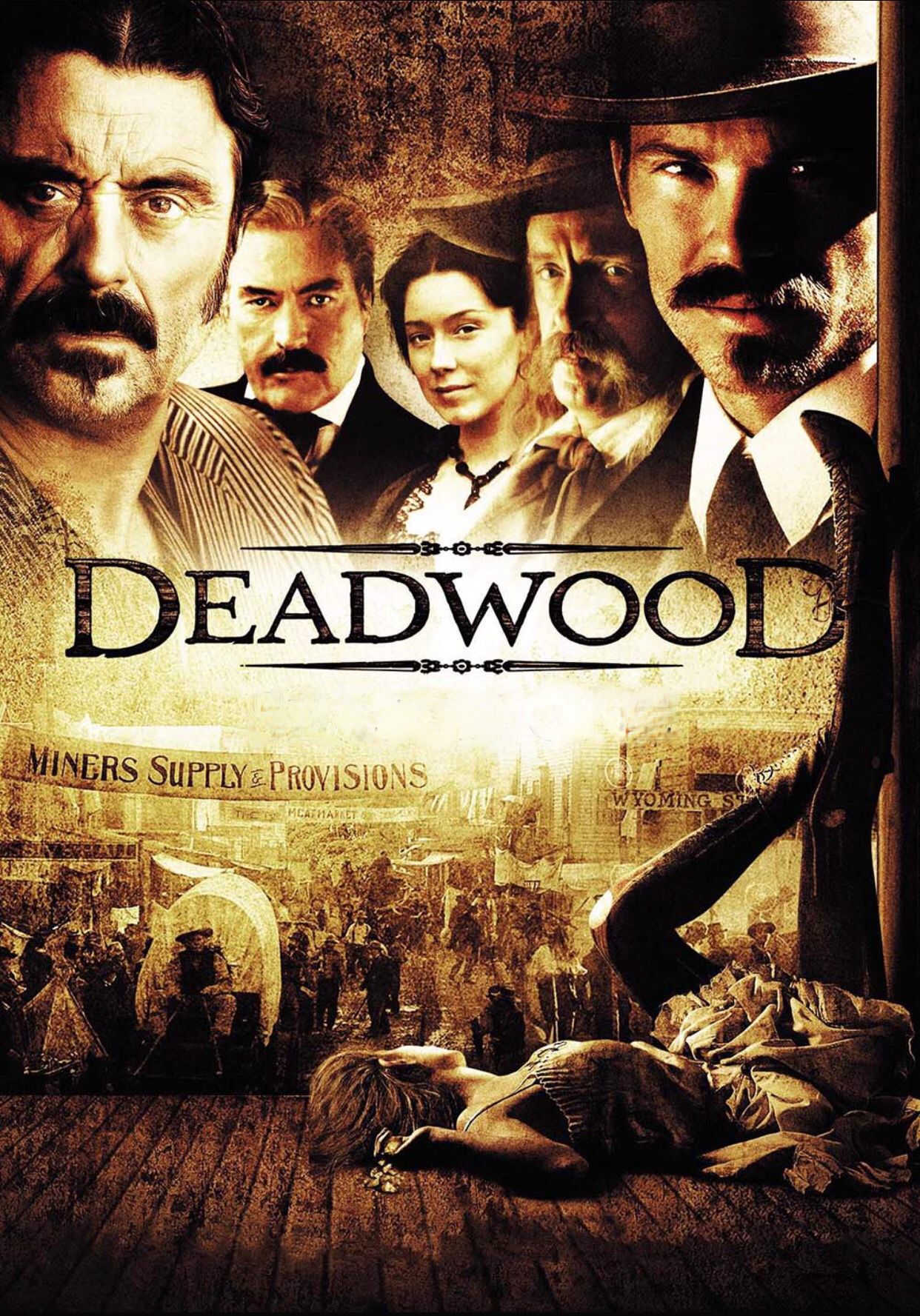


Deadwood
- Release Date
- March 21, 2004
- Seasons
- 4
The Worst Reactions to Sensitive Situations
A person’s character can easily be judged by how they react to sensitive situations. Well, Al’s solution was violence, and, at times, he would brutalize the aggrieved parties rather than the offenders.
For instance, he beat up his favorite employee, Trixie, when she shot a customer who tried to hurt her. His reasoning? Her actions had scared off customers. And when his powerful archenemy, Hearst, was baying for Trixie’s blood, Al chose to murder one of his employees and pass off her body as Trxie’s. Still, credit goes to Al for learning the error of his ways. As the show progressed, he became a better man.
8 Theodore “T-Bag” Bagwell
Prison Break (2005)
In Prison Break, T-Bag started as just another typical prison tormentor keen on turning new inmates into his sexual playthings. It soon emerged that there was more to him. He was a psychopath with a high IQ. When he learned that Michael was planning an escape, he inserted himself into the plan, threatening to sing if he was left out. The legend of T-Bag thus grew.



Ever Cautious
A racist and murderer deserves hate, yet T-Bag somehow got fans to like him. A major reason for the adoration stemmed from his intelligence. T-Bag knew he was hated by almost everyone around him, so he always had contingencies in case anyone tried to harm him or shortchange him. This was best proven when he handcuffed himself to Michael to ensure the protagonist didn’t leave him behind.
And once he escaped, he remained as competent and wise as he was on the inside. While other fugitives relied on each other for survival, T-Bag mostly moved on his own, yet he managed to outlive most of them.
7 Phil Leotardo
The Sopranos (1999)
After playing the mob bully Billy Batts in Goodfellas, Frank Vincent starred in The Sopranos as Phil Leotardo, a role he handled even more impressively than the previous one. After serving a 20-year prison sentence, the hard-boiled Phil quickly rose to become the boss of New York’s Lupertazzi crime family before declaring war on Tony Soprano’s DiMeo crime family. The streets turned bloody before Tony eventually achieved what could be described as a pyrrhic victory.
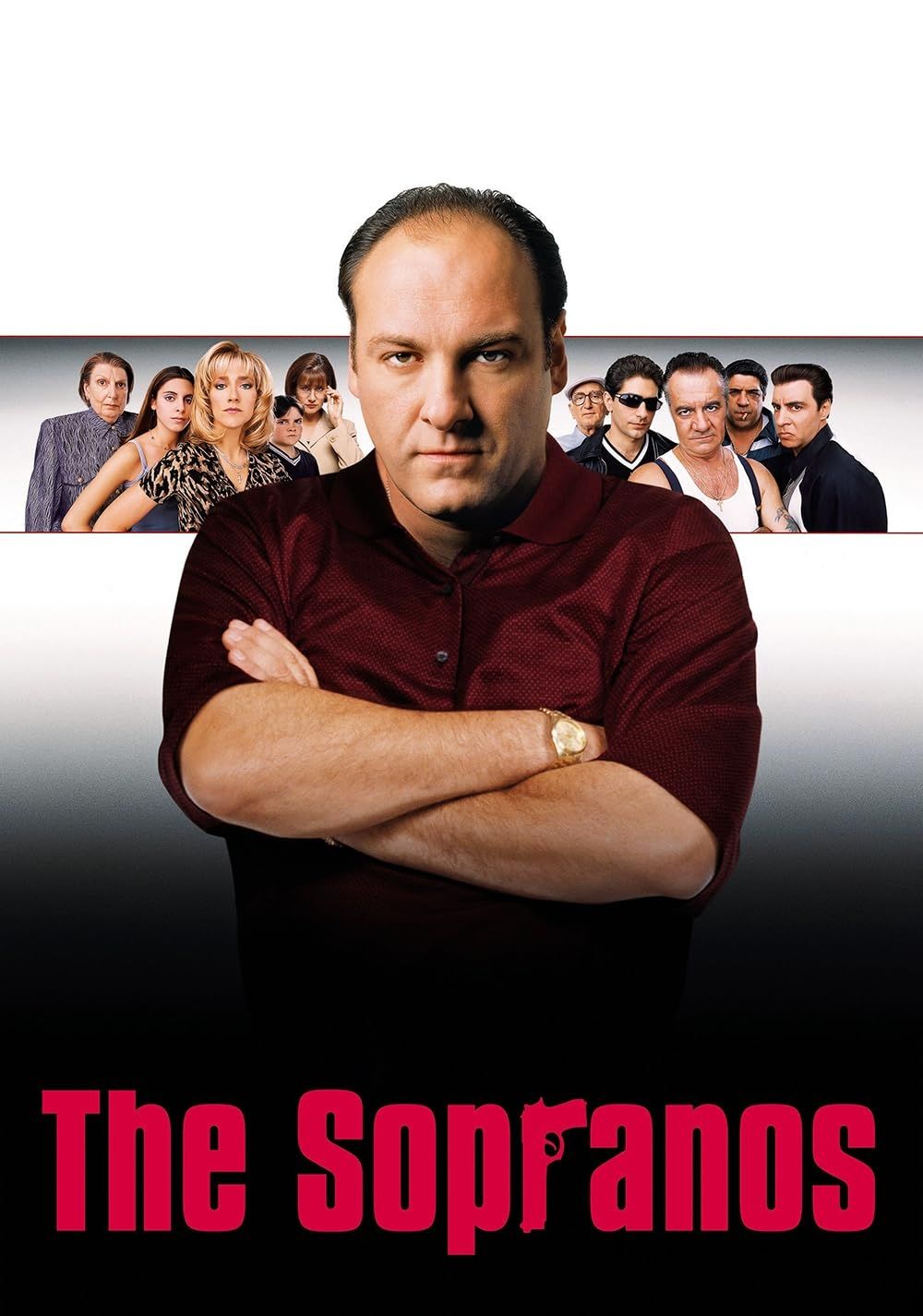


Memorable Lines… Memorable Blunders
With quotes like “Next time there won’t be a next time,” and “Let me tell you a couple of three things,“ Phil sure was an intriguing character. He sniffed weakness easily and was quick to punish offenders. Besides that, he was extremely homophobic, even by Cosa Nostra standards.
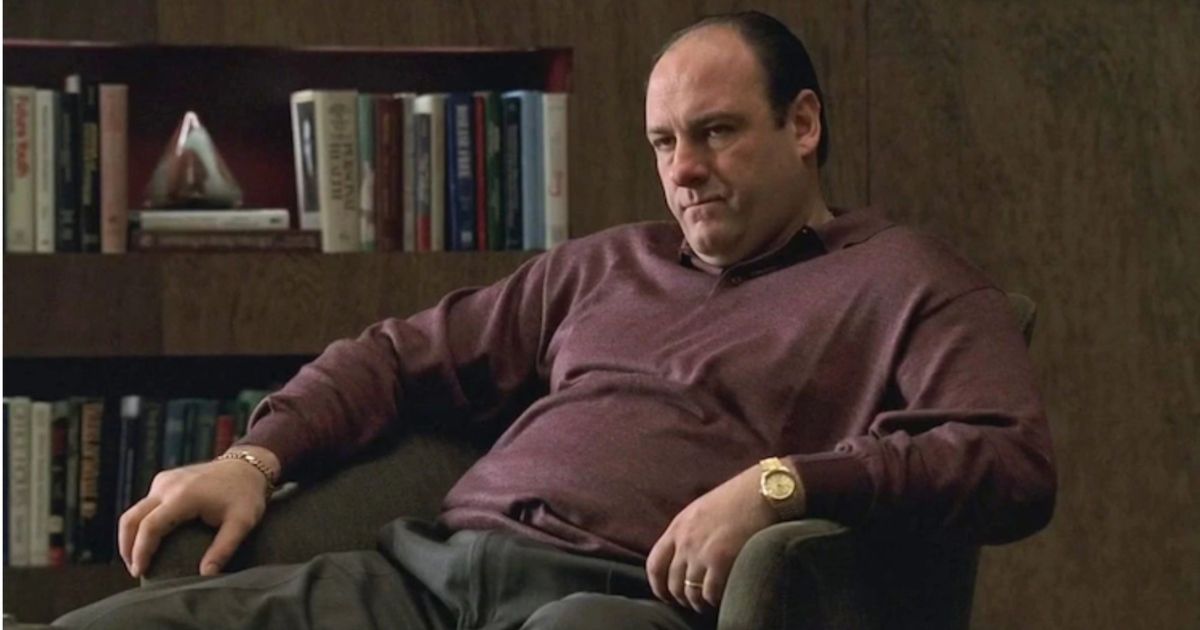


Related
The Sopranos: Tony Soprano’s 10 Best Quotes
Tony Soprano is one of the most iconic characters in television history and has given us some pretty memorable quotes.
In the end, Phil only had himself to blame for his downfall. He kept going after Tony unprovoked and was so unreasonable that his own men eventually turned against them. This paved for the show to have a perfect villain death where Phil got bullets pumped into him before getting crushed by a car’s tire.
6 Nina Myers
24 (2001)
Nina Myers had a great career as a federal agent and second-in-command of the CTU’s Los Angeles. Regrettably, she got greedy and became an information broker, selling government secrets to the highest bidder. When her shameful side gig was discovered, she began murdering everyone she feared would cause her downfall. One of those people was Jack Bauer’s wife, Teri Bauer.
Everlasting Damage
For a show with many great villains, Nina emerged as the best one because her actions had a lasting effect on the protagonist’s psychological framework. Before she murdered Jack’s wife, he was a nicer person keen on living happily ever after, but after the tragedy, he became a cold-blooded punisher.
The new Jack was even willing to torture and kill everyone he believed was as despicable as Nina. Remorse wasn’t part of her DNA either. When Jack famously asked her why she did what she did, she responded, “I was just doing my job.”
5 Ben Linus
Lost (2004)
Ben was the worst kind of villain; calm and eloquent on the outside yet the devil on the inside. As a boy, he went to the island with his father, a janitor for DHARMA Initiative, the company conducting scientific experiments there. He then assisted The Others in murdering the initiative members before becoming the leader. The Oceanic Flight 815 survivors would learn about him and his group soon after their plane crashed on the island.
Zero Love for Anyone Else
Ben was as self-centered as villains can be. Most of his evil deeds were committed with the utmost calmness and certainty, making him scarier. Fans are unlikely to forget the time he convinced Locke not to commit suicide, only to strangle him later. Or the time when he chose to save his own life rather than his daughter’s.
Great villains also need to behave in a way that is considered ‘disturbing’ and Ben ticked that box. His idiosyncratic speech and endless threats made everyone get chills whenever they were around him.
4 Arthur Mitchell, aka, The Trinity Killer
Dexter (2006)
To the public, Mitchell was a deacon and a respectable family man. In secret, he was a serial killer driven by childhood trauma. As a child, his sister accidentally slipped and died when she saw him spying on her in the shower. His mother later committed suicide, while his father became an alcoholic before getting bludgeoned to death with a hammer. Michael thus kept trying to reenact the deaths of his family members by murdering other people.
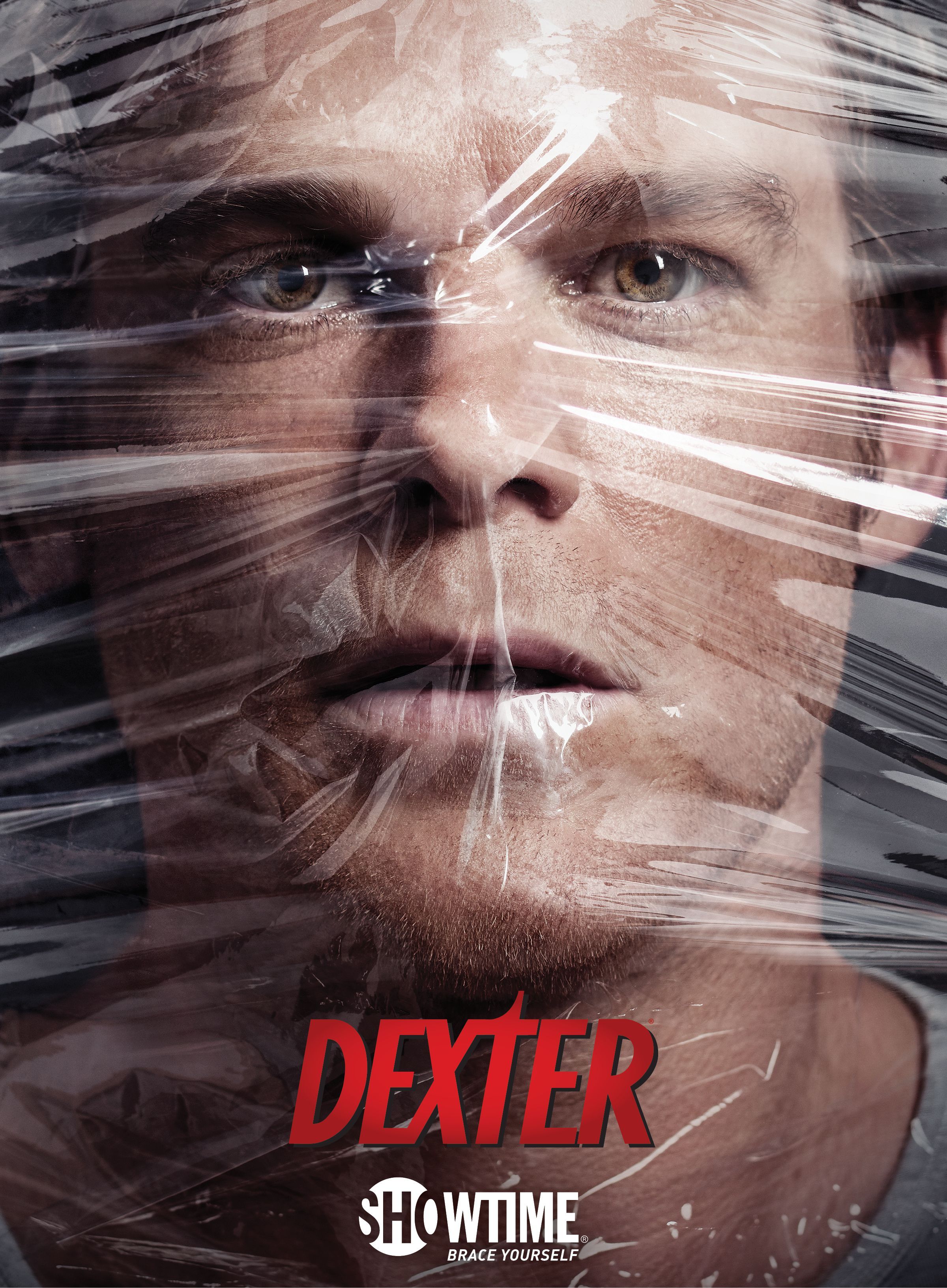


Dexter
- Release Date
- October 1, 2006
- Seasons
- 8
One of the Highest TV Kill Counts
Mitchell was prolific by serial killer standards. When he was first introduced on the show, his numbers were already past the 200 mark. Many of his victims were mothers and fathers of two children. Pulling this off required meticulous planning, but Mitchell rarely fell short. He would top it off by killing Dexter’s love interest, Rita. And the aftershocks of his actions were so big that they partly inspired the revival series, Dexter: New Blood.
3 Gabriel Gray, aka, Sylar
Heroes (2006)
Even superheroes aren’t safe from killers. In Heroes, the super-powered Gabriel Gray targeted metahumans like him and then murdered them before eating their brains and stealing their powers. As the son of a watchmaker, he was obsessed with clocks and times. The name Sylar is revealed to have been inspired by his favorite watch brand.
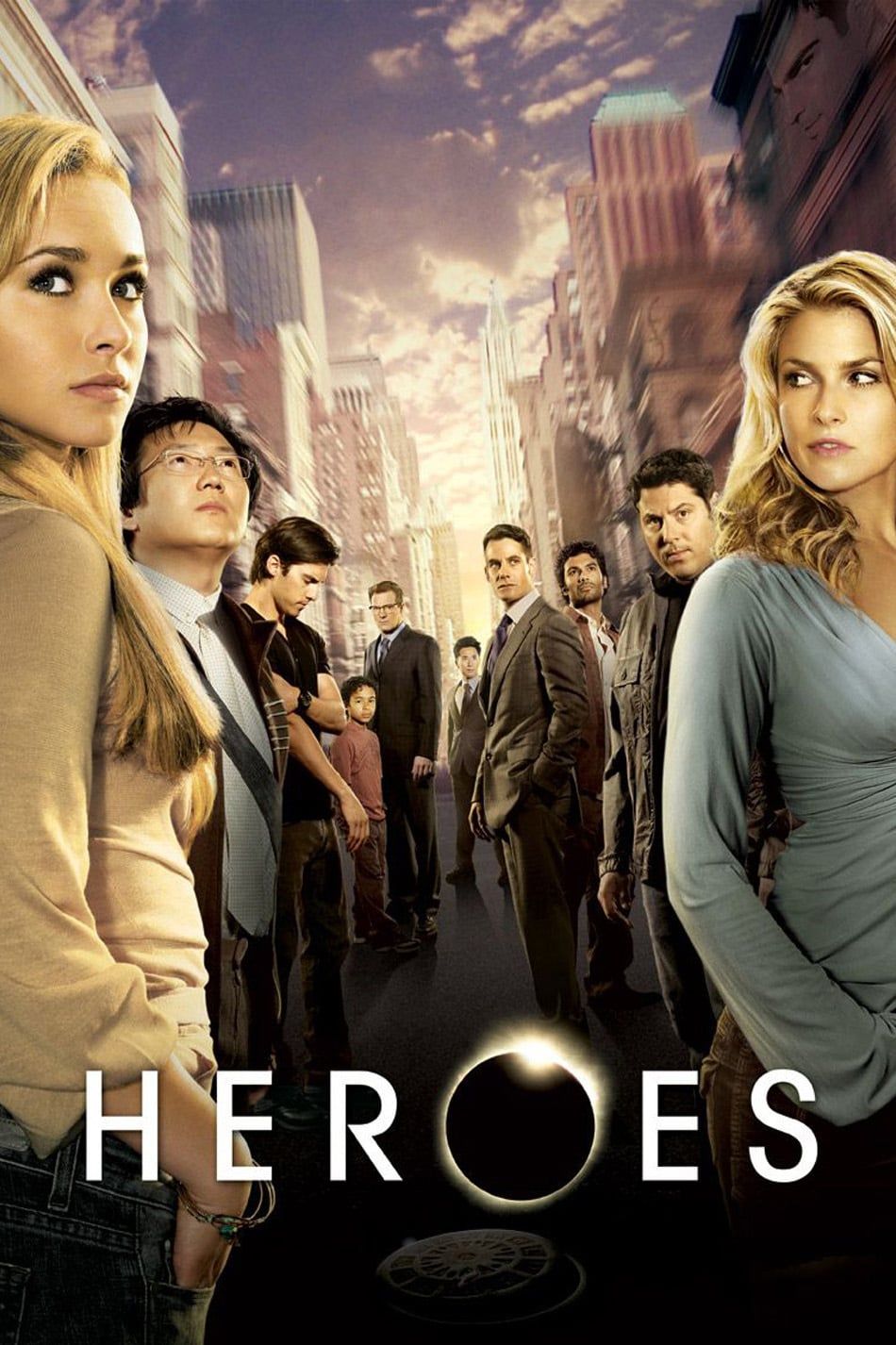


Heroes
- Release Date
- September 25, 2006
- Seasons
- 4
Addiction and Relapses
To Sylar, killing is more of an addiction, and the show leans on this as a major theme. He keeps trying to find ways to curb the addiction, but he always relapses. Even after realizing he can duplicate people’s powers without killing them, he continues to do it. The character also exists as a tool meant to condemn the greedy nature of humans. Sylar feels he needs the powers that other superhumans have, yet, he never makes good use of them once he gets them.
2 Marlo Stanfield
The Wire (2002)
The Wire’s Marlo Stanfield was all about respect, something he valued even more than money. Because he didn’t look so intimidating, he always assumed there was a chance of someone pissing on him, so he was ruthless with whoever looked at him the wrong way. Starting as an average street gangster, he quickly rose to become head of the Stanfield Organization and the major competitor of the Barksdale Organization.
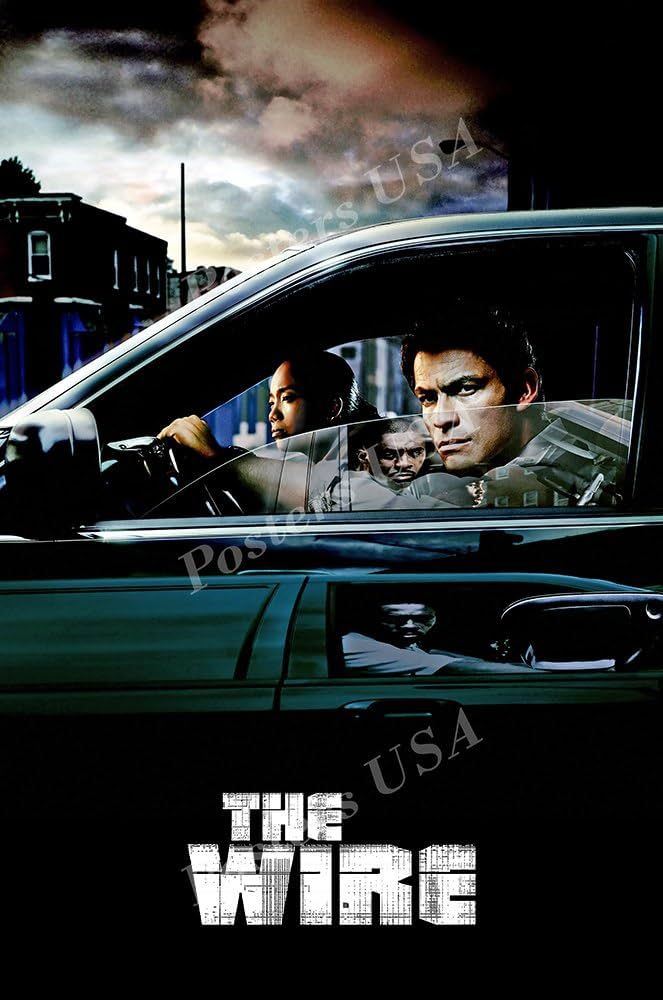


The Wire
- Release Date
- June 2, 2002
- Seasons
- 5
No Time to Smile
Nothing was ever funny to Marlo. He didn’t talk much either. Much of his speech involved him sanctioning hits and laying out strategies on how to expand. He always had the option of embracing diplomacy, but to him, violence was more exciting. He was a difficult person to pin down too, since he never used the phone and all the dirty work was done by his lieutenants: Snoop and Chris.
More impressively, he was still standing when the show ended. He was neither in jail nor had he been whacked.
1 Lionel Luthor
Smallville (2001)
Lex Luthor’s father, Lionel Luthor, isn’t one of Superman’s classic enemies, yet he somehow emerged as the most intriguing villain in a show about the Man of Steel. Luthor was a typical corporate villain, known for his work with the LuthorCorp corporation. He considered himself a modern-day version of Philip of Macedonia, and even named Lex after Philip’s legendary son, Alexander the Great.



Smallville
- Release Date
- October 16, 2001
- Seasons
- 10
A Control Freak
Lionel’s joy came from controlling others, especially his son, Lex. In his mind, he believed he was helping the young man, but he only triggered resentment. He was so mean that he tried to cheat Lex out of a business deal. Anyone else who tried to cross Lionel was also punished severely by either being blacklisted or killed. Thankfully, he changed into a loving and caring man towards the end of his life.

















